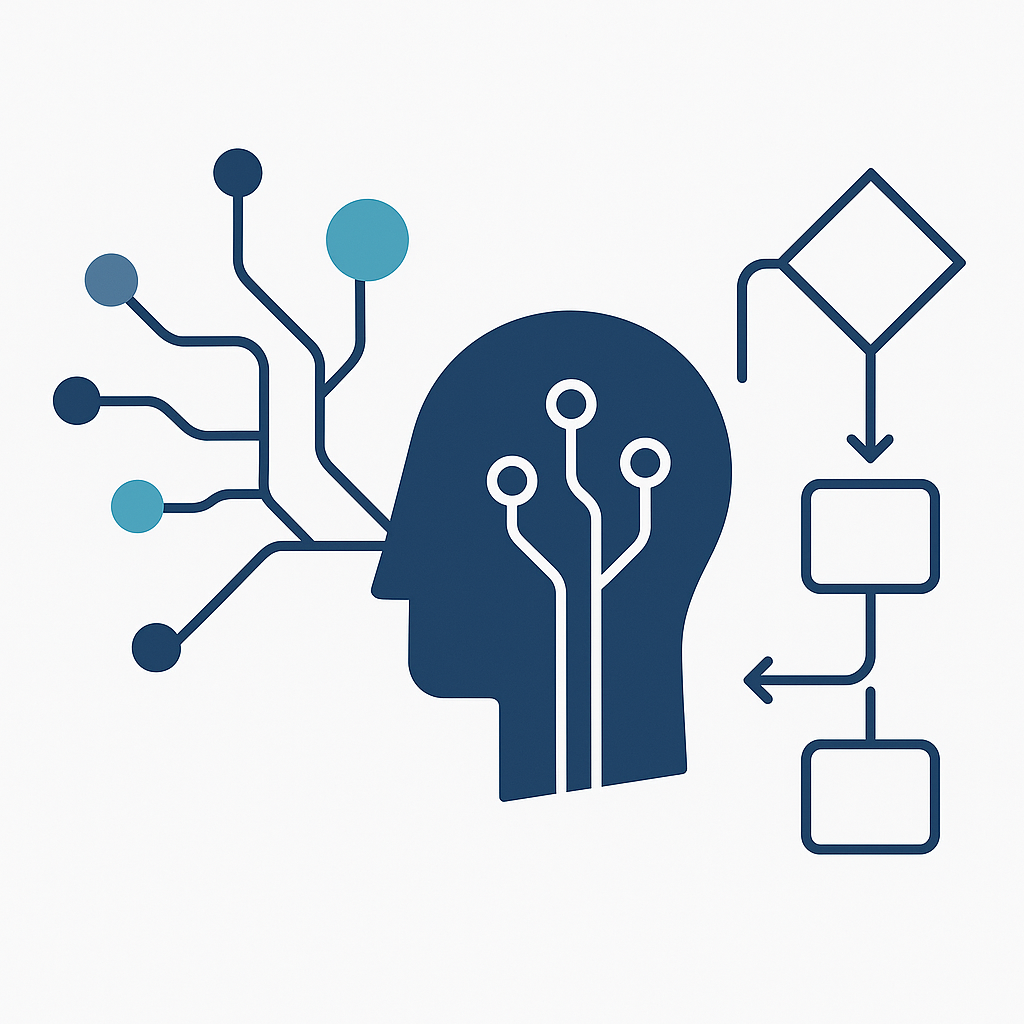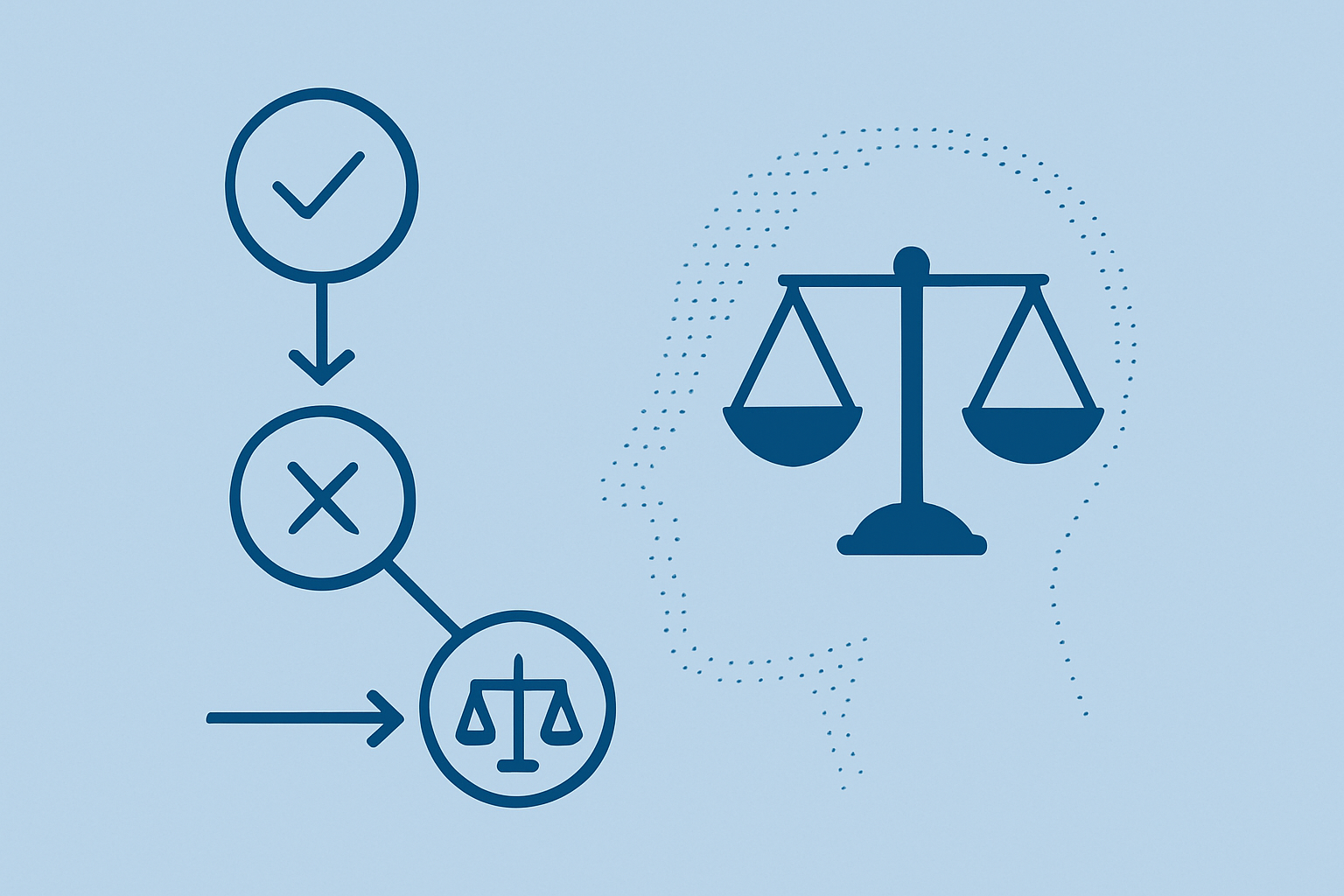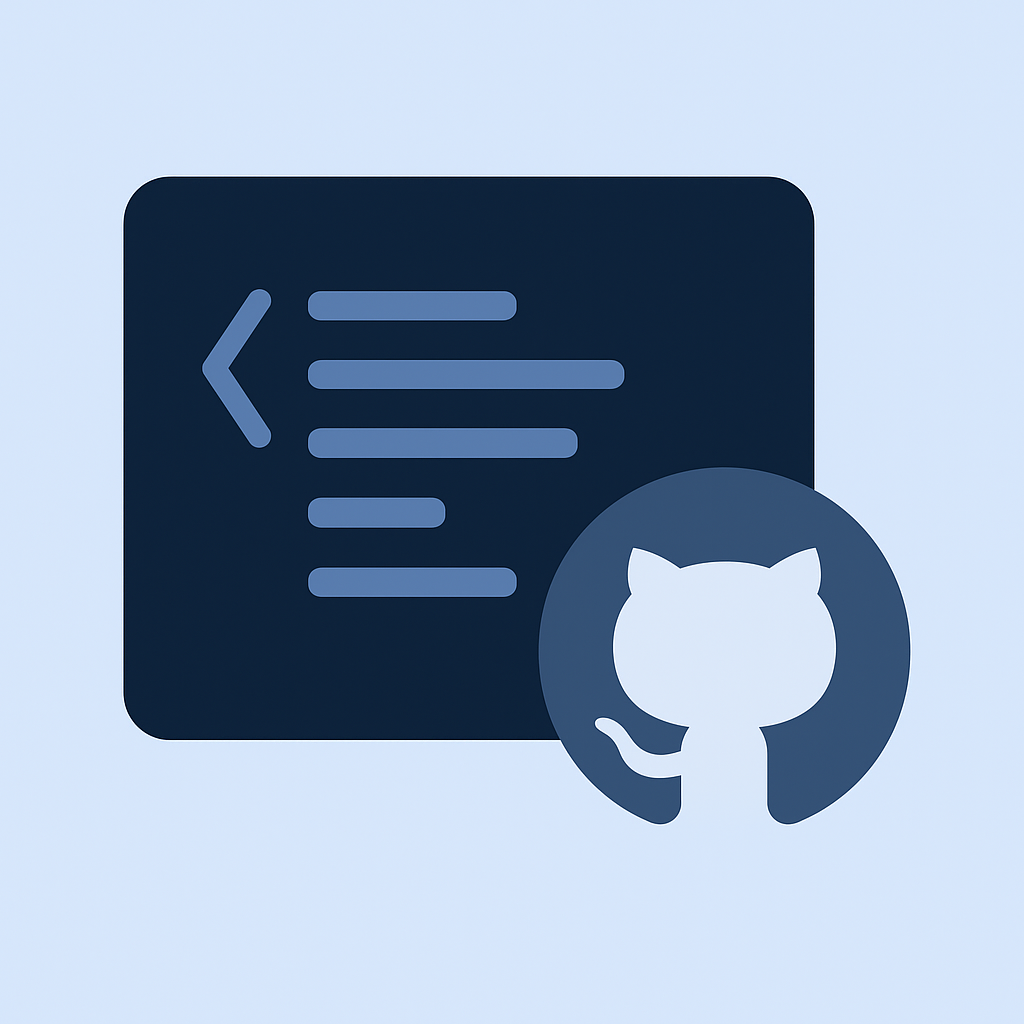
Objective ethics for real-world AI.
Kraken’s Objective Ethics Framework (OEF) is a practical, testable coordination layer for context-aware decision-making. Built to integrate, scale, and evolve.

Kraken’s Objective Ethics Framework (OEF) is a practical, testable coordination layer for context-aware decision-making. Built to integrate, scale, and evolve.
AI systems are making increasingly complex, high-impact decisions. Often without transparent or consistent ethical guidance. Current approaches to AI ethics are too static, too abstract, or too slow to adapt in real time.
Kraken’s Objective Ethics Framework (OEF) was designed as a living coordination layer. Capable of adjusting ethical reasoning to changing contexts while preserving consistent, testable principles.
By embedding adaptable, measurable ethics into AI workflows, Kraken aims to help developers, operators, and researchers build systems that remain aligned with human values in unpredictable environments.
Kraken’s OEF is currently in active development. We’re inviting researchers, developers, and organizations to help shape its first full-scale deployment.
These capabilities are under active development. If you’re a researcher, engineer, or organization interested in shaping them, contact us or contribute on Github.
GithubEmailAdaptive frameworks:
Evolve alongside AI capabilities to maintain ethical alignment in changing conditions. (Prototype under review. Looking for real-world test cases.)
Context-aware heuristics:
Interpret situations using domain-specific context for more accurate ethical decisions. (Research stage. Seeking feedback on heuristic models.)
Recursive feedback loops:
Continuously evaluate and refine decisions to improve over time. (Design complete. Needs coding and implementation partners.)
Seamless integration:
Embed ethical reasoning directly into AI workflows without slowing deployment. (Integration strategy in progress. Open to co-development.)
Transparent processes:
Enable full visibility into ethical decision logic for audits and stakeholder trust. (Prototype in progress. Will subject to external review.)
Dynamic risk assessment:
Identify and address potential harms before they escalate. (Early-stage concept. Seeking domain experts.)
Scalable architecture:
Operate effectively across individual projects to enterprise-level systems. (Design stage. Scalability testing needed.)
Real-time monitoring:
Track alignment with ethical goals during operation, not just after. (Monitoring framework draft complete. Needs pilot testing.)
Continuous learning:
Update ethical models to reflect evolving norms, values, and laws. (Concept phase. Seeking academic and policy input.)

The OEF is an applied ethical decision-making structure for AI systems. It evaluates actions through measurable criteria, prioritizes based on context, and adapts as conditions change. This approach enables AI to balance competing priorities while maintaining transparency and auditability.
Kraken’s development process is open by default. Our GitHub repository contains working examples, tools, and reference implementations for integrating the OEF into AI workflows.

If you’re a researcher, engineer, policymaker, or organization interested in shaping practical, testable ethics for real-world AI, we want to hear from you. Whether it’s providing feedback, contributing code, or testing early-stage features, your expertise can help bring the OEF to life.
Get involved in shaping the OEF.
Share ideas, feedback, or partnership proposals.
Join the conversation and follow development updates.
Message us to collaborate.
Review our in-progress work, suggest changes, or contribute directly.
GithubSee the current version of the OEF and help refine it for real-world use.
ResearchGate© 2025 Kraken Core. All rights reserved